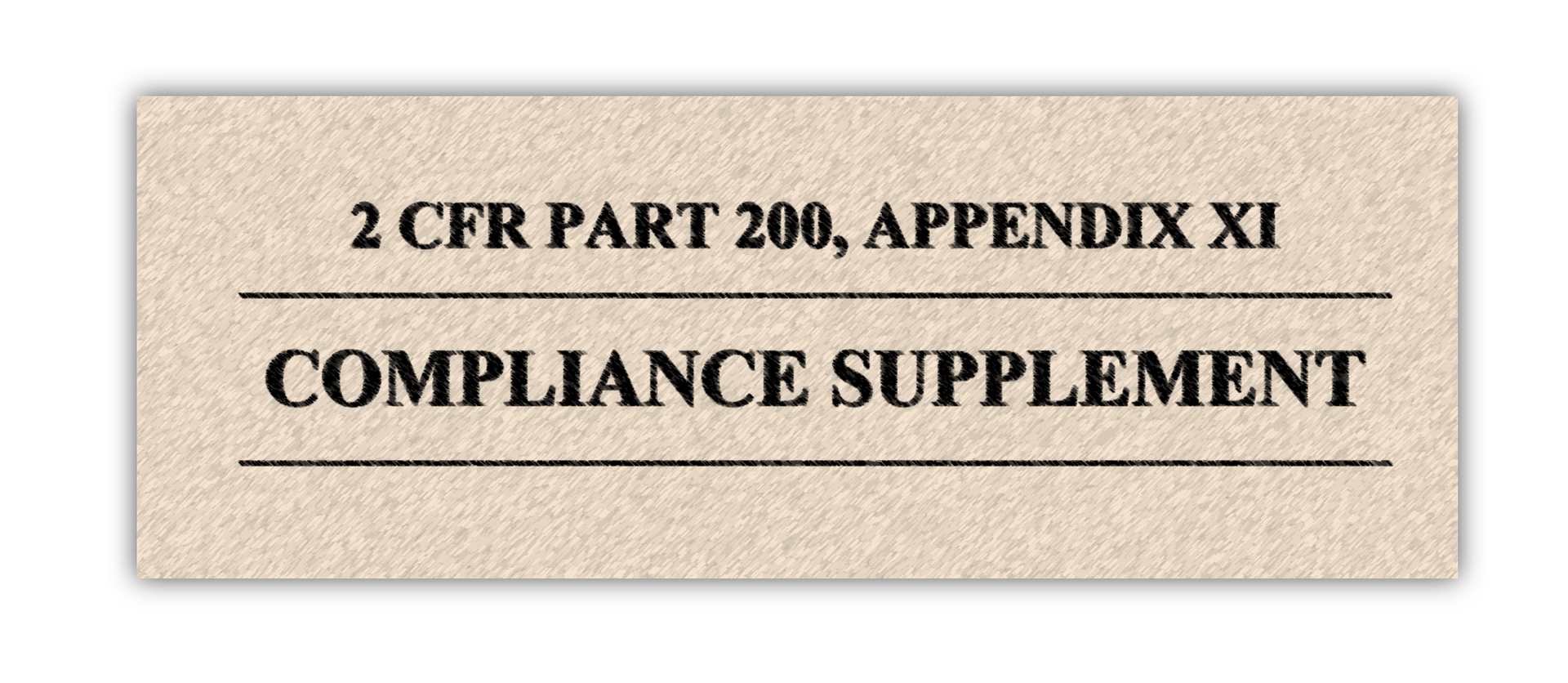Reasonable Cybersecurity Controls for Federal Grantees
A Practical Guide to Meeting Cyber Safeguarding Expectations Under Updated Federal Grant Rules
As federal cybersecurity expectations continue to evolve, so must the internal controls of grant recipients. The recent update to 2 CFR 200.303(e) reaffirms that recipients and subrecipients of federal funds must “take reasonable cybersecurity and other measures to safeguard information including protected personally identifiable information (PII) and other types of information.”
This includes information:
- Defined as sensitive by the Federal awarding agency or pass-through entity,
- Deemed sensitive by the grantee themselves,
- And governed by relevant Federal, State, local, and tribal privacy and confidentiality laws.
In this environment, federal grantees—whether large institutions or small nonprofits—must go beyond paper compliance and actively implement reasonable cybersecurity controls. But what does “reasonable” actually look like in practice?
Applying the 52.204-21 Standard as a Baseline
The Federal Acquisition Regulation (FAR) clause 52.204-21 outlines 15 basic safeguarding requirements that provide a helpful blueprint. Though primarily applicable to federal contractors, these principles represent a solid foundation of reasonable practices for all recipients of federal funds.
Here’s how federal grantees can apply them:
1. Limit System Access
Only authorized users should have access to sensitive information. Implement unique user IDs, strong passwords, and role-based access controls.
2. Control Information on Portable Devices
Use encryption or disable storage on portable devices (e.g., USB drives, laptops) that contain sensitive data.
3. Sanitize Media Before Disposal
Ensure that data on electronic devices is wiped or destroyed before disposal or reuse.
4. Limit External System Connections
Prohibit unauthorized connections to external systems. For example, restrict personal email access on work devices handling grant data.
5. Monitor and Control Remote Access
Use secure VPNs and multi-factor authentication (MFA) to protect remote connections to your systems.
6. Implement Session Timeout
Automatically terminate sessions after a period of inactivity to prevent unauthorized access.
7. Safeguard Information During Transmission
Encrypt sensitive information during transmission using SSL/TLS or other secure protocols.
8. Block Unnecessary Software
Restrict the use of software or applications that are not authorized or necessary for the organization's operations.
9. Provide Security Training
Train all staff—including part-time and volunteers—on cybersecurity awareness, phishing, and safe data handling.
10. Update Software Regularly
Patch operating systems and applications frequently to protect against known vulnerabilities.
11. Audit and Log User Activity
Maintain system logs and regularly review them to detect unauthorized access or anomalies.
12. Physical Access Controls
Limit access to systems and servers that house sensitive information through locks, keycards, or monitored entry points.
13. Detect and Respond to Incidents
Implement an incident response plan for handling cybersecurity breaches and notify appropriate authorities as required.
14. Backup Critical Data
Maintain regular backups of critical data in secure locations to ensure availability in the event of loss or corruption.
15. Document and Review Controls
Establish written cybersecurity policies and periodically assess their effectiveness.
The Stakes Are High — But So Is the Opportunity
Cyber threats to nonprofit and public sector entities are increasing, and noncompliance can result in costly audit findings, reputational damage, or worse—loss of funding.
The good news? Implementing these controls not only protects your organization but also strengthens your credibility as a responsible steward of federal funds.
Ready to Assess Your Cyber Controls?
At Award Advisors, we help grantees navigate complex compliance landscapes. Our internal control assessments go beyond the checklist—we offer tailored guidance to match your mission, size, and technical maturity.
Schedule a cybersecurity and internal controls assessment with Award Advisors today.
Let’s ensure your grant-funded programs are not only impactful—but secure.



